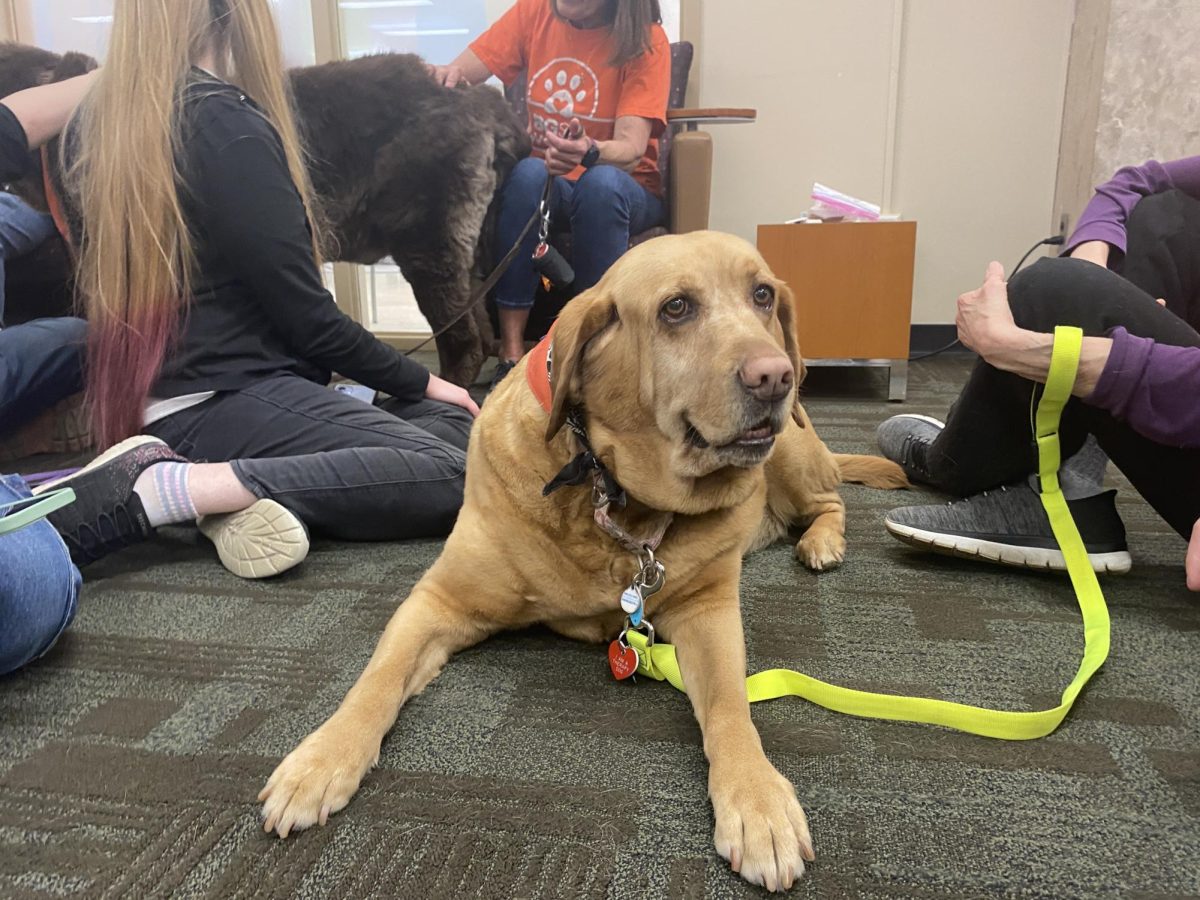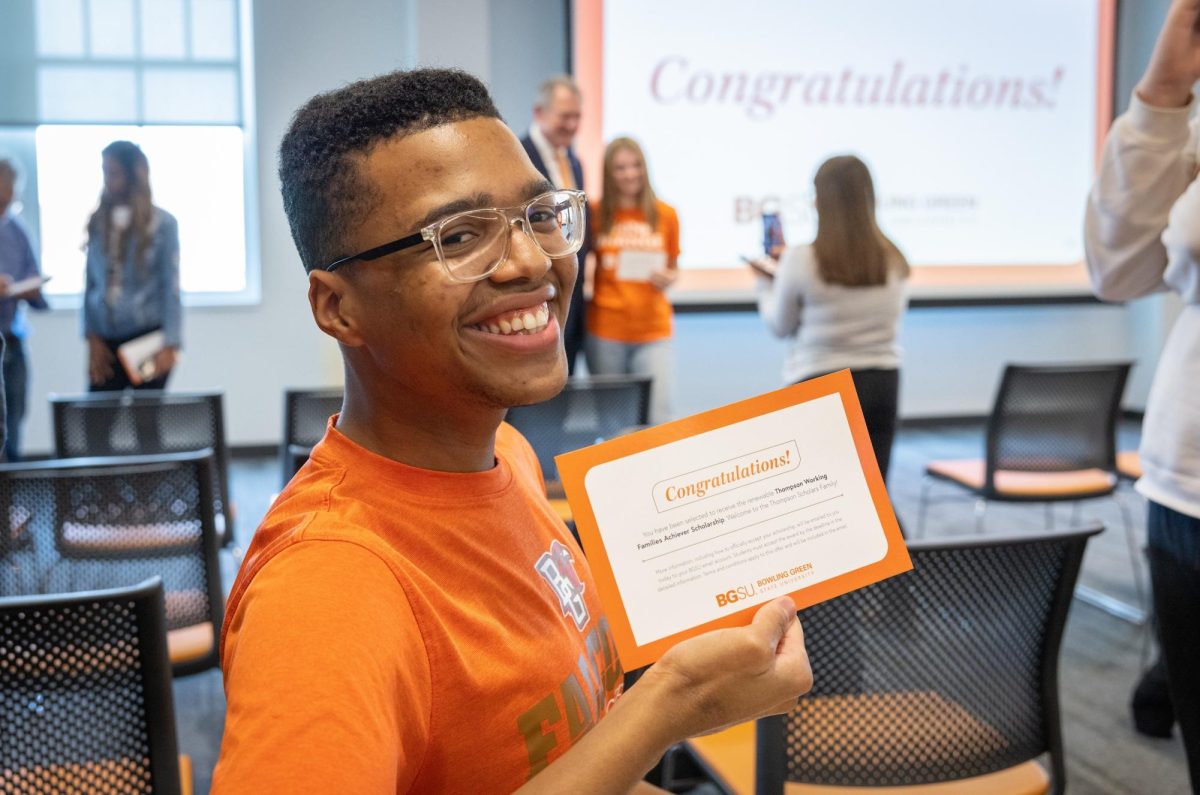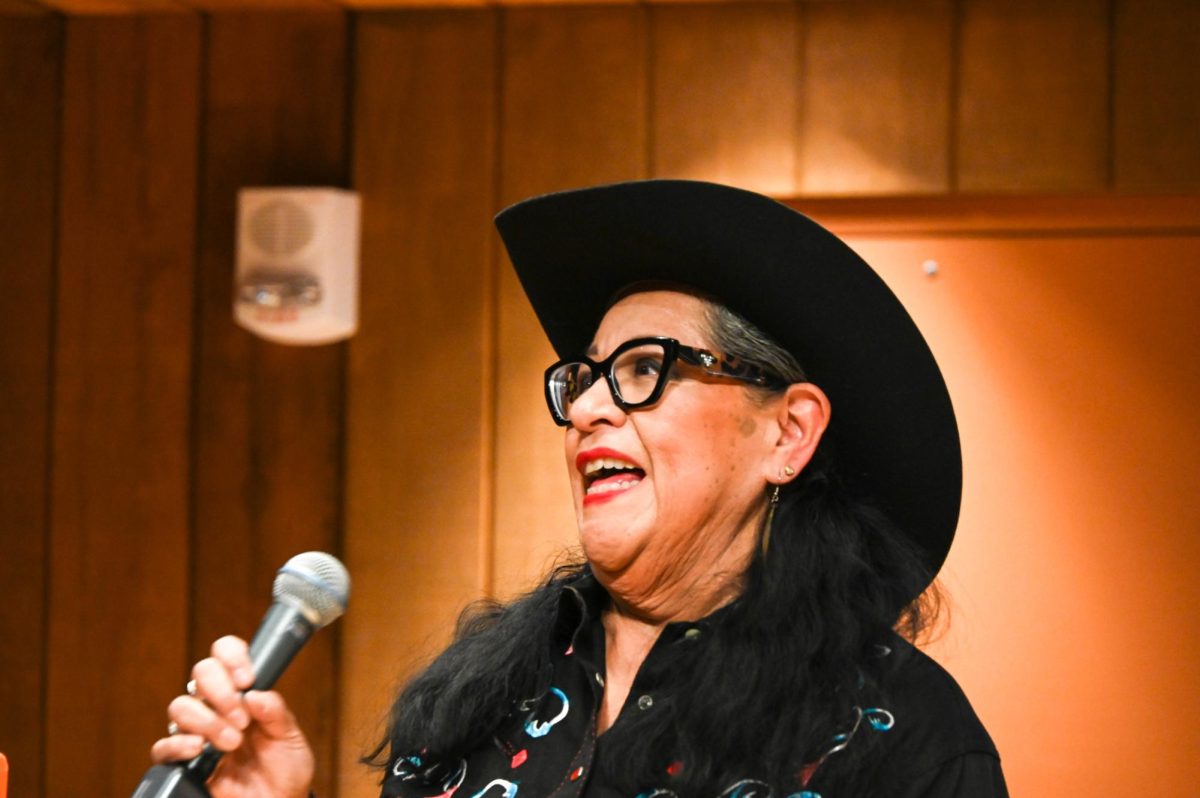The BG News requested five public records from the University as part of the Ohio Universities Public Records Audit in January 2016, where college students from seven universities audited 12 public universities in Ohio. Of the five records requested, two were granted, one was obstructed through asking for identifying information and two were denied. The full results can be found at OhioAudit.org.
Access to public records is important to any citizen of a democracy, said James Foust, professor in the Department of Journalism and Public Relations.
“It doesn’t matter whether you’re a journalist or not, any citizen should have access to the records of their government,” Foust said.
For three requests, including the two denied, auditors were asked to provide identifying information such as their name, organization or reason for wanting the record.
Sean FitzGerald, general counsel at the University, said the office could ask for a name to know where to send the record, and the reason for wanting a request could help narrow down a too broad or vague request. He acknowledged that requesters are by law not required to provide this information.
This could be a way of making people think that there’s a risk of being punished or targeted because of the records they are requesting, Foust said.
“Asking your name, why do you want this, who are you working for – those are all ways of subtly intimidating you,” he said.
The official policy of the University is to send public records requesters to the Office of General Counsel, FitzGerald said.
“The University is committed to transparency in its operations,” he said. “In this instance, it’s not a matter of a lack of transparency so much as it is individuals in operating units not adequately directing a requester to the General Counsel’s office.”
Only one auditor was directed to the Office of General Counsel, where the request was granted.
Foust said there should be more legal training for employees at the University who may encounter public records requests.
“It could be harmless. It could literally be that (the) person didn’t know (where to send the requester) … but once again the fear is that you’re getting into that intimidation and just wearing you down to where at some point you just no longer have the time to do this,” he said.
FitzGerald said that a reminder will be emailed out to employees to ensure that they are aware of the University’s policy.
One record denied was the names of university students found responsible for a violent crime during the 2014-15 academic year, which universities are required to keep public records of by federal law. FitzGerald said the record would have been released had the request been made through the Office of General Counsel, as a similar record was released to a newspaper in Columbus last year.
“There’s responsibility on both sides of the request,” he said, adding that the public records policy is available on the University’s website.
Another record, the operating budget for the University’s College of Education during the 2014-15 academic year, was denied because the person with access to that information was not in the office that day.



















